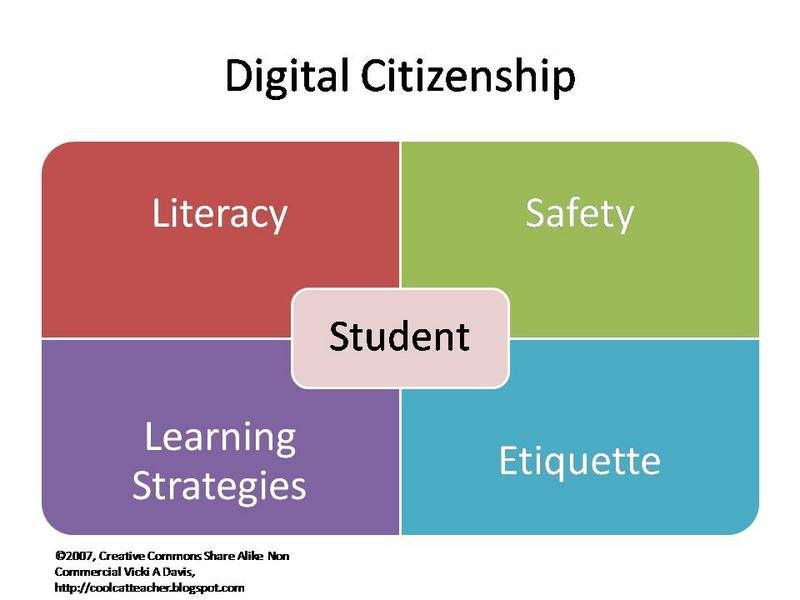
I'm too close... It's too big... I don't know if they can see the forest for the trees, but it is HUGE to me. I keep wondering why everyone can't see it. Can they see it, but choose to ignore it? Is there anyone alive today that believes that the amount of information (media) that we will have access to is going to decrease? Is the educational establishment in a myopic haze that has everyone defending their content to detriment of the students, who spend their waking hours surrounded by four beige walls disconnected from a world that will require them to access more information faster and employ that information in a way that will provide value to themselves or their employer? I often wonder out loud about teachers who were unwilling to grow with the new tools and sources of media available to them and whether they feared being seen as human instead of the oracle of their chosen field of study?
As most of the people reading this blog know, for the past several years, I have felt it is essential to put these tools and skills in the hands of students and teachers. I decided to live by the words of Gandhi and "be the change I wish to see in the world." It is the reason I decided to do the following:
- Reading blogs and educated myself as to what others are doing in education and how the landscape is changing.
- Write this blog, which is close to 100 posts now, over the past two years.
- Go and get my Administrative credential after almost 20 years in the classroom, because I wanted to be part of the change.
- Pushed the idea and wrote the grant for the Global Communications Class and pathway.
- Create the 'Digital Bridge' program to assist students who could not reach the point of entry of the Digital Age.
- Applied for and was accepted into the Google Certified Teacher's program.
- Started speaking at conferences with some of the other Google Certified Teachers to promote the use of these tools to other teachers.
In preview of their conference session at the Tech Forum 2007, Wes Fryer and Miguel Guhlin posted the following introduction to their co-keynote.
Whether we're with them or not, today's young people are venturing into the virtual world where they face challenges of the sort we could hardly have dreamed of a few decades ago. If we ban new technologies in schools we are not protecting our students from them; we're simply asking them to venture into this new world alone. Just as adults must help young people learn to drive before setting them loose behind the wheel of a car, we have a responsibility to help our students and children learn how to safely navigate the virtual environments of the 21st Century. In this session we will explore how to be proactive rather than merely defensive, how to reassure community members without ignoring real dangers, and how to help students make the connections and participate in the collaborations that are crucial to digital citizenship today.So, how do we do this? Some of the following should be a little thought provoking.
- Karl Fisch's post on his blog, 'The Fisch Bowl,' titled, "Is It Okay To Be A Technologically Illiterate Teacher?"
- "Knowledge resides in the network. Students need to know how to find that knowledge, whether it’s on a server in Indiana or in a human brain in India."
- “The illiterate of the 21st century will not be those who cannot read or write, but those who cannot learn, unlearn and relearn.”- Alvin Toffler
- “In times of rapid change, the learners inherit the earth, while the learned find themselves beautifully equipped to deal with a world that no longer exists.”- Eric Hoffer
- In Australia, the government spent several million dollars creating a filter to keep pornography away from teens and children. It took a 16 year-old student 30 minutes to bypass the filter. Australia Teen Cracks Filter
Here are a few video's that might provide a little thinking about the issues of Digital Citizenship and Cyber Safety.
No comments:
Post a Comment